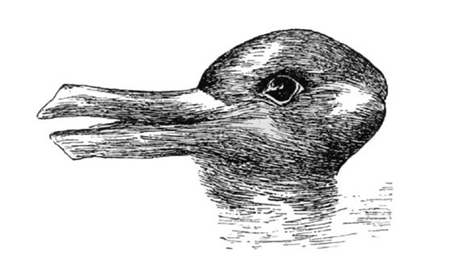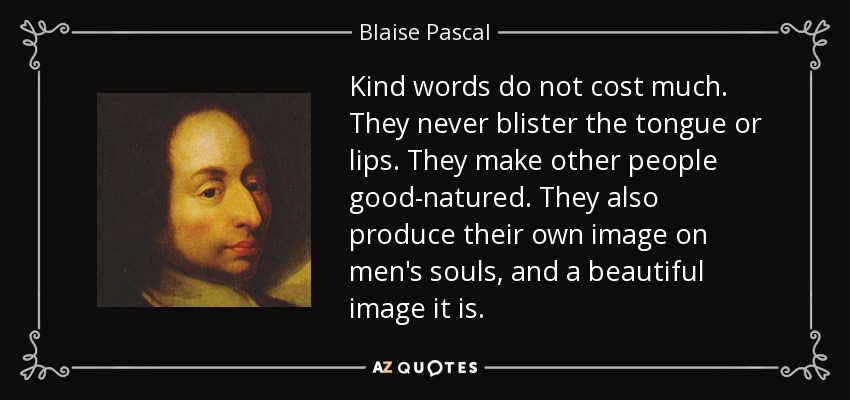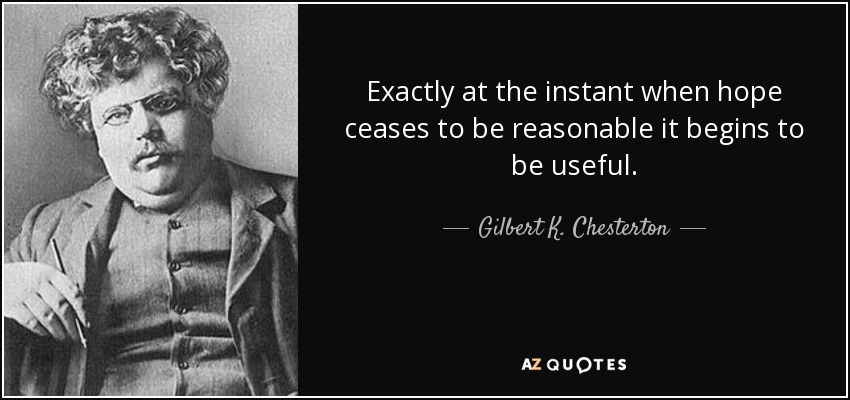- MBTI
- INFJ
- Enneagram
- 954 so/sx
Everything Voltaire
It is difficult to free fools from the chains they revere.
Judge a man by his questions rather than his answers.
Each player must accept the cards life deals him or her: but once they are in hand, he or she alone must decide how to play the cards in order to win the game.




